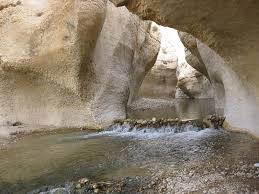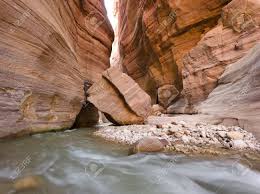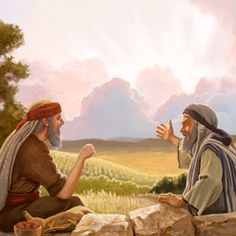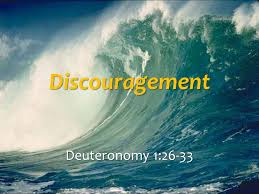Ap – Moshe Remembered the Journey from Kadesh-barnea to Mo’av 2: 1-25
Moshe Remembered the Journey from Kadesh-barnea
to the Plains of Mo’av
2: 1-25

About 40 years after Isra’el’s wilderness wanderings, ADONAI commanded Bnei-Yisrael to begin their journey back to the Promised Land. Therefore, the Israelites left the region surrounding Kadesh-barnea and to pass near the territory held by the Edomites, Moabites, and Ammonites. Although the following narrative (2:1 to 3:11) shares the basic details of the parallel account in Numbers 20-24, the present narrative shows a greater interest in theology than in the details of geography and chronology.
With regard to the Edomites, Moabites, and Ammonites, YHVH prohibited Isra’el from taking any land from them (2:1-25). Ha’Shem is the Owner of the whole world. He allocates His properties as He pleases. ADONAI was orchestrating all these events for the Israelites. At this point in time in biblical history, the blood relationship of these three peoples with Isra’el protected them from the destruction the LORD promised to bring on the Amorites, Bashanites, and Canaanites. The Amorites had no such relationship with God’s people and therefore faced a different fate.58






